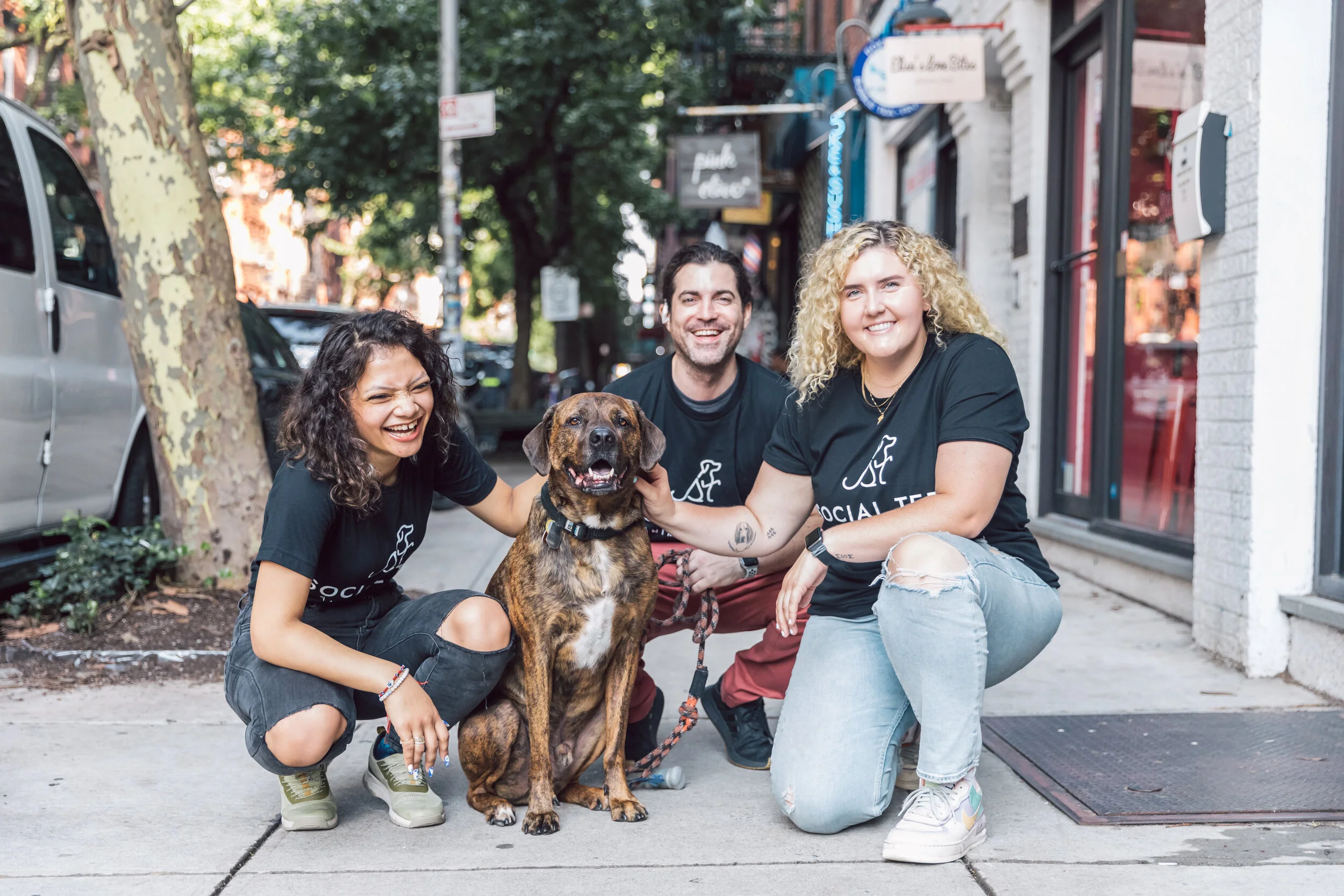Thank you for adopting! You just saved a life.
Welcoming a new family member into your home is a big deal — and so exciting! Finding your next dog or cat can be an adventure, sometimes stressful often exhilarating. Once you’ve found the one, the first few days and weeks at least is always a learning process for everyone in the home as you get to know each other and create a routine. A few resources to help ease the process and transition:
Do your research
Before you start filling out applications, try to determine which kind of pet might match your lifestyle and home best. Each individual animal has unique needs and and a personality all its own, but you can often make generalizations by breed. A Border Collie mix is generally not a good match for a low active home, for example, as these are “working dogs” and tend to need a lot of exercise and stimulation. It’s important to consider the energy level of your home, how much training you are willing to do with your new dog, what you might do with your new pet if you travel a lot, and how your pet might fit into your life up to 10 or 15 years down the line. Chatting with a professional dog trainer can give you a good idea of which direction you might want to head in during your search.
Consider adopting an adult or senior animal
Puppies and kittens are pretty irresistible, but they are generally much more work than an adult dog or cat that has already gone through its baby phase. With a young adult, you also know its personality better so it can be easier to gauge whether its the right match for your lifestyle. Puppies and kittens can grow and change a lot as they go through young adulthood, but with dogs and cats that are a year or two old, you’ll know how much exercise they need, how they are with other animals, their full grown size, and more. Plus, puppies and kittens get adopted pretty quickly while adults have a harder time finding homes as fast simply because they are adults.
Stay positive!
For some, the adoption process is smooth sailing with few to zero hitches. For others, it can seem like the timing never works out and each dog you become interested in is snatched up before you can send an email. Please understand that it sometimes takes a while to process an adoption application if we cannot get in touch with all references in a timely fashion (landlords are often a holdup), and we also receive hundreds of applications each week. “Highly adoptable” animals like poodle puppies or Siamese kittens tend to land us up to 20 emails per day from pre-approved adopters alone, so if you are interested in a pet like this, please try to understand that many other people are also. Once you are pre-approved, the process does tend to be quicker, so we recommend not getting your heart set on a photo until your application has been given the green light. Our top priority is each animal’s health and wellbeing, and we choose forever homes based on trying to make the best possible match for each animal to the best of our ability. Hang in there!
Talk to your pet’s foster parent
Most of our adoptable animals are in foster homes for a few days to a few weeks before they find their forever homes. Their foster parents know them best, so if possible, get their insight on routine, likes and dislikes, what food and snacks they’re eating, etc.
Give your new pet a chance to decompress
It can take at least three days for an animal to begin to decompress and get used to you, your home, and your schedule. During this transition period, your new pet may not be himself — dogs may be anxious, chew stuff up, bark at noises in the hall, etc. while cats may hide or hiss. This can be a pain in the butt, but it’s normal! And this challenging behavior often clears up when your pet begins to feel comfortable and safe.
No hugging
Give your new pet plenty of physical space as she starts to learn to trust you. It’s tempting to want to cozy up quick, but that can backfire and scare your new pet. Think about it like dating. Too much too soon is freaky. Let your new pet move at her own pace and be the one to come to you first for physical contact. Especially if you have children in the house, it’s extremely important to make sure they know not to follow, hug, or kiss the new pet or to pull its tail. Even very gentle animals can get freaked out when they feel threatened and accidentally hurt someone.
Be understanding of accidents
Your new dog may not be housebroken as many of our adoptable animals come from places where they didn’t originally get proper training, or they may simply be too young to have learned yet. It’s also important to remember that even most housebroken dogs have accidents in the beginning during stressful transition periods and before they’ve gotten the swing of the new routine. Give your new dog time to adjust and a chance to learn. Cats usually have no trouble once you show them where the litter box is.
Get your new dog plenty of exercise
It makes all the difference! As long as your dog is healthy, the more exercise he gets, the better behaved he will be. Just like humans, a well exercised dog is more relaxed. Dogs over a year old can go for long walks and jogs. Younger dogs can go for lengthy walks and play games like fetch.
Choose safe chew toys
For very young puppies, we recommend bully sticks. For older puppies and dogs, try bully sticks or Kongs. We generally recommend avoiding rawhide (it can cause upset stomachs) and stuffed or other easily destroyed toys. If your dog swallows a piece, it can be very dangerous (and very expensive to fix in the emergency room).
Don’t freak out about diarrhea
It’s normal for your new dog or cat to have loose or runny stool at first — this often happens during a stressful transition or a diet change. Feed your dog plain white rice with a little warm chicken broth and a tablespoon of organic canned pumpkin mixed in and small pieces of boiled chicken breast with no fat until his stool firms up. Then you can slowly transition your dog onto whichever dog food you choose to use. For cats, try a limited ingredient diet, and give them 10 to 14 days to adjust. Either way, make sure you are not over feeding your animal, as that can also cause loose stool. It's best to speak to your vet if you have further concerns.
Don’t bathe or groom your new pet right away
It may be tempting to toss that pup in the tub, but it’s really important that you not bathe your dog for at least three days unless your new dog has gotten into something terribly dirty. Bathing a dog that is brand new to your home can be a traumatic experience, which can start your relationship off on the wrong foot and depress the dog’s immune system and make him sick. Cats generally clean themselves, so baths are rarely necessary.
Schedule a vet appointment
We recommend making a wellness exam appointment with the vet you plan to use moving forward within the first week after adoption, the sooner the better if you’ve adopted a puppy. It’s important to establish a relationship with your new veterinarian as early as possible so that they can answer your questions and provide advice if something comes up in the future. All veterinarians have their own personal recommendations depending on their backgrounds and your lifestyle that will be helpful for your veterinary care management as your pet grows. Bring the medical records that you got at the time of adoption with you so that your vet knows where your new pet stands regarding vaccines and other treatment. First Avenue Veterinary Hospital, a clinic we’re at like every day, waives the exam fee on the first visit for new adopters.
Talk to a trainer
We recommend enrolling your new dog or puppy in training classes to get basic commands down and to boost your dog’s socialization skills. We work with a few talented and compassionate professional trainers who are very supportive of rescue and wonderful with pups — look into My Two Dogs Inc., Who’s a Good Boy Industries, HustlePups NYC, and Andrea Arden Dog Training.
Stay in touch!
Feel free to email us at contact@socialteesnyc.org anytime if you have questions or want to send an update on your adopted pet! We love receiving and sharing pictures and news about Social Tees grads on our social media channels and website. If you don’t already, please follow along on Instagram and on Facebook.


